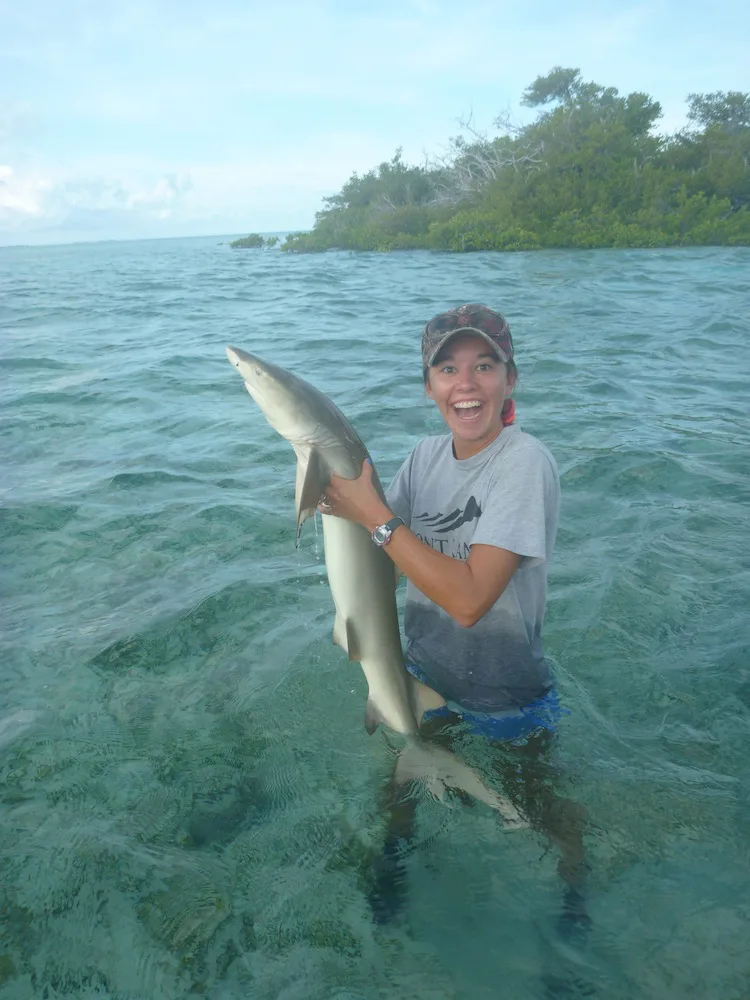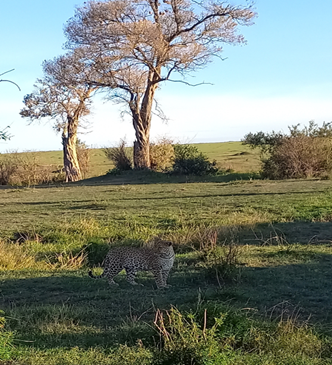The Life of a Field Biologist
Most students come to an SFS program because they are attracted to the idea of swapping the lab for the field and getting closer to nature. Although the Marine Ecology, Marine Resource Management, and Environmental Policy courses at the Center for Marine Resource Studies (CMRS) all contain multiple field exercises, it is during Directed Research that students really get to taste what the life of a field biologist is like.

One of the longest running of the Directed Research projects is our assessment of local lemon shark (Negaprion brevirostris) population dynamics, which started back in 2005. Lemon sharks are live-bearing, and pregnant females come into shallow coastal waters to give birth to their pups, which then remain in these areas for the first few years of life. Our research focuses on these newborn and juvenile sharks, their movements patterns, the types of habitat that they utilize, and their population genetics. Students play an active role in shark capture, tagging and the collection of data and tissue samples from the sharks, as well as recording relevant environmental data such as temperature, salinity and dissolved oxygen concentration. If a person doesn’t find sharks particularly interesting to begin with, I can guarantee you that they feel very differently after they’ve held one in their hands and walked it through the water to get it swimming again.
Of course, our Directed Research projects focus on many other topics besides sharks (eagle rays, coral reefs, fisheries, to name but a few), all of which work towards achieving the goals of the Center’s 5-Year Research Plan. This is the document that outlines how best we can contribute to a more complete understanding, and a more effective management, of the Turks & Caicos Islands’ marine resources. While our students might be concerned primarily with the skills that they learn during Directed Research, and they grade that they get for their final research report, the data that they have helped to collect are shared with government bodies, published in scientific journals, and ultimately might form the basis of fisheries and conservation policy in the TCI. So, this is important and meaningful work, and there are few academic programs in the world where undergraduate students can play such a valuable role in advancing marine science and helping to shape the future—while also having a lot of fun!
Related Posts

Restoration on a Cinder Cone: A Syntropic Story

Camila Rojas: Alumni Spotlight⭐
